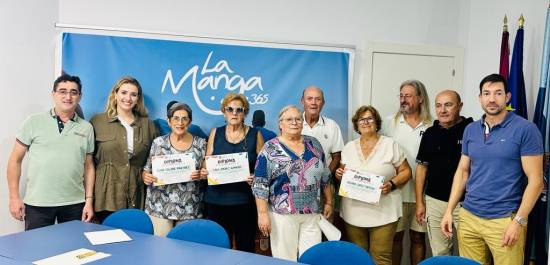
As with children, the elderly population sector, which in the municipality of San Javier accounts for 19 percent of the total, is one of the objectives of municipal social policies, as stated by the Councillor for Social Rights and Family, María del Mar Pérez, who has announced a boost to the Ageing 360 programme and in particular the RADAR project.
María del Mar Pérez pointed out that the Envejecimiento 360 municipal programme seeks to improve the quality of life of the elderly from an integral and multidimensional perspective centred on the person and their environment. The RADAR project focuses on the environment of the elderly, as it is aimed at detecting and intervening with elderly people who are in a situation of unwanted loneliness, which in many cases can lead to a situation of vulnerability. «The idea is to count on the collaboration of all citizens and in this way be able to attend to those elderly people who may need us», explains the councillor.
The appeal to the public is addressed to residents in general, but also to businesses, pharmacies, volunteers and other entities that may detect changes in the routine, behaviour or appearance of elderly people who are alone. In this case, they are asked to contact the Social Services Centre in order to be able to act and improve the situation of that person. The council has made available to this programme the telephone number 670 867 044 and the email address personasmayores@sanjavier.es where citizens can contact to report any of these situations and facilitate the intervention of Social Services.

Maria del Mar Perez recalled that San Javier is part of the Global Network of Age-Friendly Cities and Communities, an initiative focused on local action, which comprehensively addresses the aspects that affect the day to day, through the participation of the elderly and with the ultimate goal of promoting a healthy and active aging. The Municipal Plan for the Elderly, which is being finalised by Social Services, is part of this initiative. Its aim is to encourage and promote autonomy and active and healthy ageing through strategies for the prevention of situations of dependency and the provision of appropriate resources for direct care.